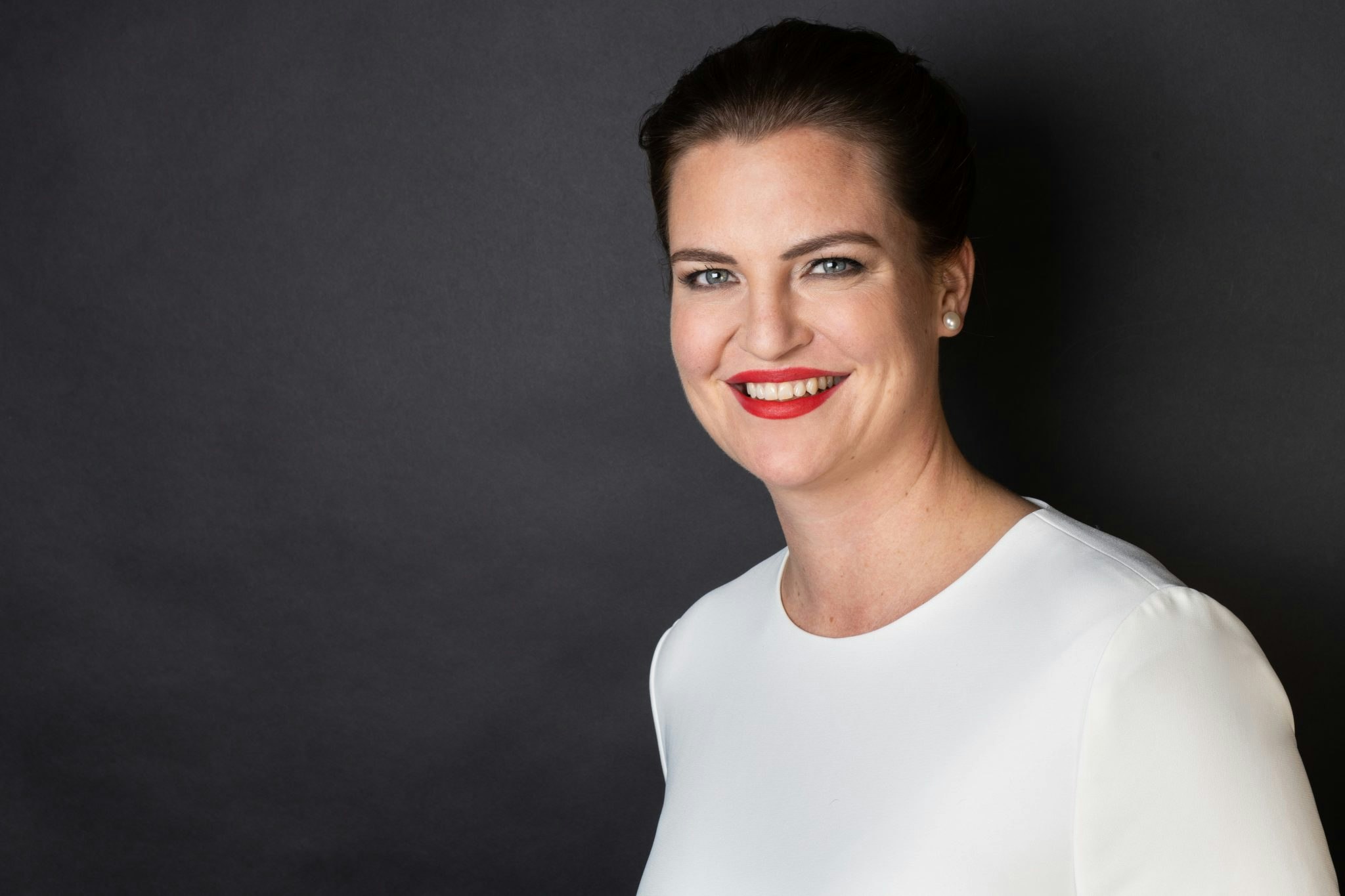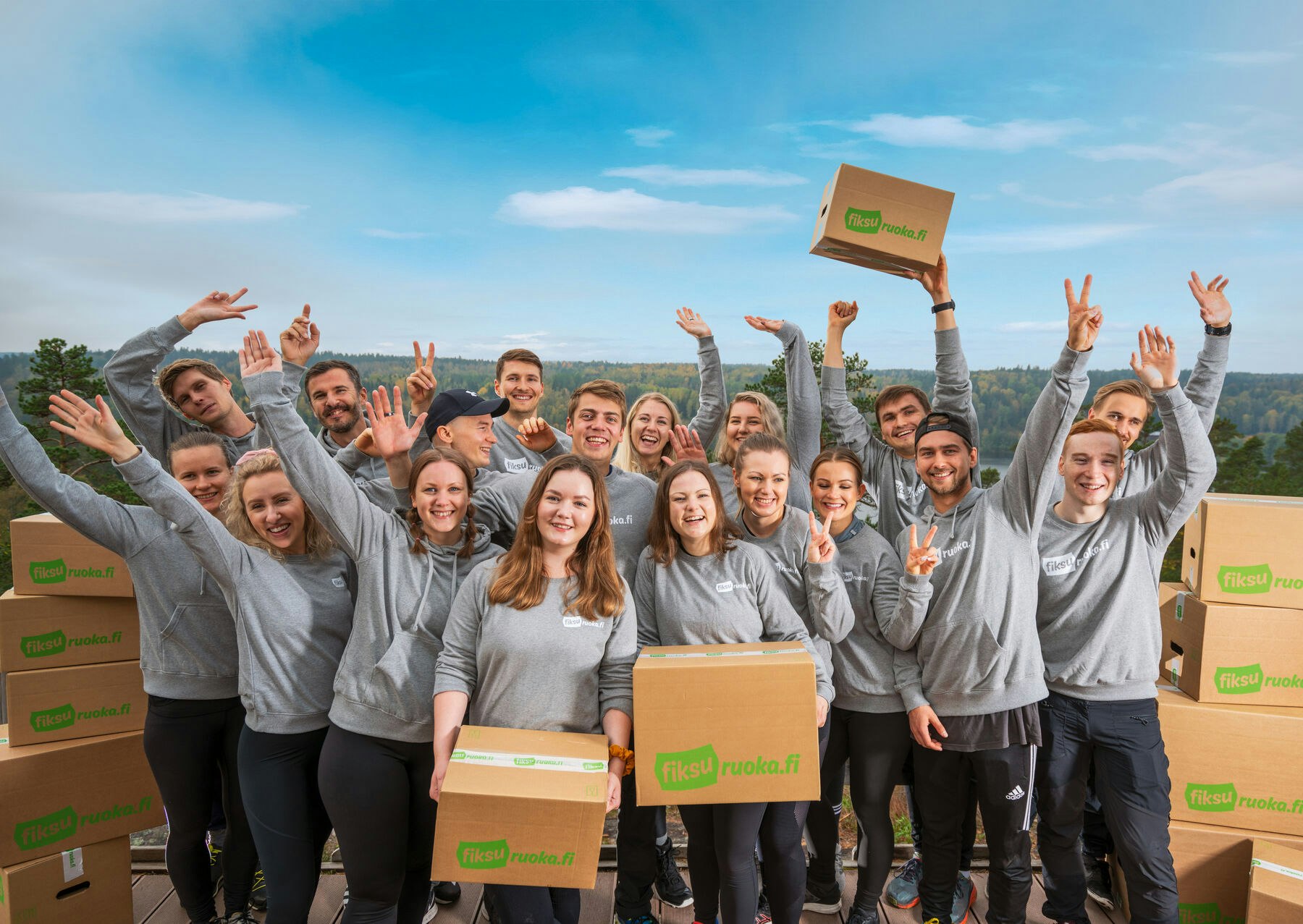The unicorn boom over the last few years has been fuelled in part by greater availability of private capital pre-IPO. Companies have been able to raise huge sums by tapping into the investor hype around trends such as AI, the metaverse and Web3 technologies.
But other startups have pursued a unicorn status in a different way — by chasing profit and impact.
These mission-driven ventures took off during the pandemic, with Europe’s startup scene logging particular growth in impact investing. According to a recent report from the Global Impact Investing Network (GIIN), the size of the worldwide impact investing market is $1.164tn.
“Younger generations who want to put their money where their future is," says Maria de Perlinghi, a partner at Norselab, a leading Norwegian impact investment platform. "There is unprecedented demand for investments with a positive impact.”
In the Nordics in particular, the impact sector is booming. From $100m VC funding going into Nordic impact startups in 2014, VC investment hit a record of $5.5bn in 2021.
Here, three Nordic founders, behind impact scaleups Carrot, Antec and Ava Ocean, discuss why they bet on impact — and how that bet has paid off.
Changing industries
In evaluating the impact of potential investments, Norselab looks at more than just an ESG checklist — it looks into whether the company could actually drive change on a systemic level.
This means companies with the potential to transform traditional industries — with solid commercial opportunities and a big potential for impact.
For example, in the food industry, food systems account for over half of the agriculture sector’s greenhouse gas emissions and intensive fishing practices such as dredging and trawling have a track record of decimating marine ecosystems and releasing carbon sinks.
We’re aiming to reinvent how we harvest seafood from the seabed
That’s why Norway-based Ava Ocean (formerly TAU Tech) has developed a new harvesting technology to replace dredging on the seabed.
Ava Ocean raised 100m Norwegian krone (€9.6m) in its latest funding round. “We’re aiming to reinvent how we harvest seafood from the seabed,” says chief marketing officer Anette Grøttland Zimowski. “We believe you can harvest without damaging.”
The technology company has been collaborating with marine research institutions and government bodies since 2016, and earlier this year was issued the first new quota for Arctic scallops in over 30 years.
“At the moment, we need to diversify the seafood we eat. We mostly stick to three or four species maximum, and yet there is such a wealth of food in the ocean,” says Zimowski. Its vessel, the Arctic Pearl, will begin its first commercial run in the coming weeks.
Reducing emissions
On the other end of the food supply chain is the carbon footprint of organic waste. If stockpiled or sent to landfill, organic waste will emit methane, a greenhouse gas more potent than carbon dioxide — and which a 2021 United Nations report estimated must be reduced by 45% by 2030 to avoid the most catastrophic effects of climate change.
We’re not philanthropists — we’re investing because we believe that impact will also provide superior returns
That’s why Eirik Gundersen, cofounder of Norway’s Antec, ventured into decarbonisation, to help transition the world into renewable energy. The startup develops technology that can produce biogas, a renewable fuel, 70% faster than traditional digesters processing organic waste.
The tech is also completely circular: its byproduct is fertiliser, which then is distributed back to farmers. Gundersen and his cofounders Egil and Uno Andersen first talked of their digester back in 2010 and together created an initial prototype.
There is unprecedented demand for investments with a positive impact
“It’s not an app — it’s tangible, and it’s a technology that’s really simple and makes sense,” says Gundersen. Officially founded in 2014, Antec now has substantial venture capital backing — its latest round brought in $8.3m, according to Pitchbook, and was led by Norselab and London-based private equity firm Lightrock.
De Perlinghi says that to secure investment companies need to prove they have both commercial potential and a positive impact.
“We’re not philanthropists — we’re investing because we believe that impact will also provide superior returns,” she says.
Sustainable waste
Carrot, another startup backed by Norselab, works to ensure that all resources in the world’s waste are circled back into the value chain. It began to see more robust growth once they had educated the market about waste management. Their product, software that tracks data on waste generation and sorting in retail and residential buildings, encourages sorting and motivates waste reduction.
When Carrot was in its pilot, CEO and cofounder Tore Totland was shocked by the sheer scale of waste generation he saw. According to European Commission data, 4.8 tonnes of waste was generated per EU habitant in 2020.
“It was much worse than I thought, it’s almost scary, when you see how easy it is to generate waste and how little incentives you had for doing a good job,” he says. Since 2017 when Totland founded Carrot the scale of the world’s waste problem has kept him motivated, and in turn, he says he’s seen the market majorly evolve as innovators and disruptors have come onto the scene.
Our industry heritage and talent pool make the Nordics well-positioned to build a new generation of companies
And now in use in 120 hotels, shopping centres and commercial buildings in towns across Norway, Carrot is looking to new markets including Paris and New York City.
While growth in the early days was sometimes slow for Carrot, Ava Ocean and Antec, sustainable industries are seeing increased interest and traction in the Nordics.
“Our industry heritage and talent pool make the Nordics well-positioned to build a new generation of companies that can scale impact with products and services that contribute to a better world,” says de Perlinghi.



